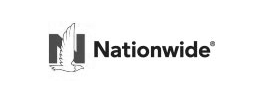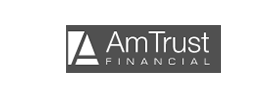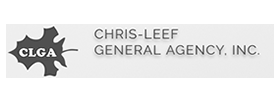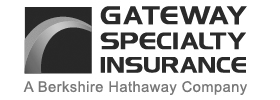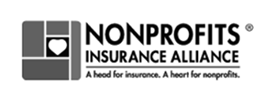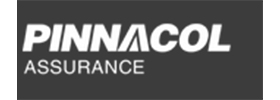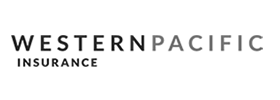Colorado winters bring breathtaking views, but they also bring heavy snow and ice that can damage homes. For homeowners in Colorado, understanding how home insurance covers snow-related damage is an important part of protecting your property.
Common Types of Snow Damage
Snow can cause a variety of problems for Colorado homes. Roofs are especially vulnerable to damage from heavy snow loads, which can lead to leaks or even structural collapse. Ice dams, which form when melting snow refreezes at the edge of your roof, can cause water to back up into your home. Frozen pipes are another common issue during Colorado’s coldest months, and they can lead to costly water damage.
Does Home Insurance Cover Snow Damage?
Most home insurance policies cover snow damage if it’s sudden and accidental. For example, if your roof collapses due to a heavy snowstorm, your policy will likely cover the repairs. However, damage caused by neglect or lack of maintenance is not covered. Regularly clearing snow from your roof and insulating pipes can help prevent these issues.
Steps to Protect Your Home
Colorado homeowners can take steps to reduce the risk of snow damage:
- Inspect your roof: Check for weak spots or loose shingles before winter begins.
- Clear snow regularly: Remove heavy snow from your roof to prevent damage.
- Insulate pipes: Protect pipes from freezing by adding insulation or heat tape.
Get the Right Coverage
Home insurance is an important safety net for Colorado homeowners dealing with snow damage. Aspen Insurance Agency helps residents find policies that fit their needs and protect their homes during the winter months. Visit Aspen Insurance Agency today to learn more about your coverage options.






